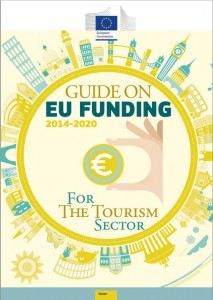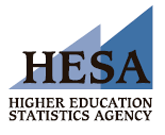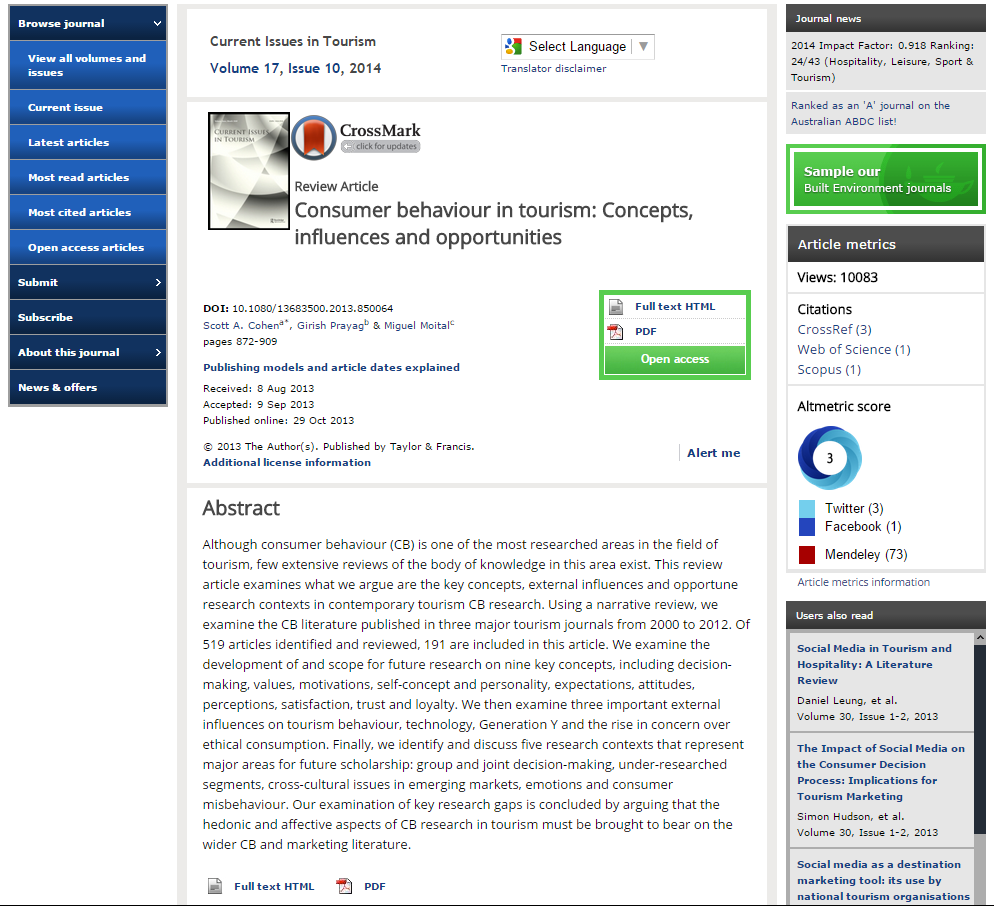![]() Yesterday BMJ Open published our latest article on the weight management in obese men, under the title A qualitative evidence synthesis on the management of male obesity.[1] To the best of our knowledge, this is the first synthesis of qualitative studies investigating men’s perceptions and experiences of weight management services. The interdisciplinary study was conducted between the three research centres at the University of Aberdeen, namely the Health Services Research Unit (HSRU), the Health Economics Research Unit (HERU) and the Rowett Institute of Health & Nutrition, the University of Stirling’s NMAHP Research Unit, the University of Edinburgh’s Scottish Collaboration for Public Health Research & Policy (SCPHRP) and Bournemouth University.
Yesterday BMJ Open published our latest article on the weight management in obese men, under the title A qualitative evidence synthesis on the management of male obesity.[1] To the best of our knowledge, this is the first synthesis of qualitative studies investigating men’s perceptions and experiences of weight management services. The interdisciplinary study was conducted between the three research centres at the University of Aberdeen, namely the Health Services Research Unit (HSRU), the Health Economics Research Unit (HERU) and the Rowett Institute of Health & Nutrition, the University of Stirling’s NMAHP Research Unit, the University of Edinburgh’s Scottish Collaboration for Public Health Research & Policy (SCPHRP) and Bournemouth University.
Studies published between 1990 and 2012 reporting qualitative research with obese men, or obese men in contrast to obese women and lifestyle or drug weight management were included. The studies included men aged 16 years or over, with no upper age limit, with a mean or median body mass index of 30 kg/m2 in all settings. In total 22 studies were identified.
Health concerns and the perception that certain programmes had ‘worked’ for other men were the key factors that motivated men to engage with weight management programmes. Barriers to engagement and adherence with programmes included: men not problematizing their weight until labelled ‘obese’; a lack of support for new food choices by friends and family, and reluctance to undertake extreme dieting. Retaining some autonomy over what is eaten; flexibility about treats and alcohol, and a focus on physical activity were attractive features of programmes. Group interventions, humour and social support facilitated attendance and adherence. Men were motivated to attend programmes in settings that were convenient, non-threatening and congruent with their masculine identities, but men were seldom involved in programme design.
The paper concluded that men’s perspectives and preferences within the wider context of family, work and pleasure should be sought when designing weight management services. Qualitative research is needed with men to inform all aspects of intervention design, including the setting, optimal recruitment processes and strategies to minimise attrition. This paper grew out of the larger ROMEO study which was published in our full HTA (Health Technology Assessment) report, which is also freely available on line, click here! [2]
Prof. Edwin van Teijlingen
CMMPH
Reference:
- Archibald, D., Douglas, F., Hoddinott, P., van Teijlingen, E., Stewart, F., Robertson, C., Boyers, D., Avenell, A. (2015) A qualitative evidence synthesis on the management of male obesity. BMJ Open 5: e008372. doi:10.1136/bmjopen-2015-008372 http://bmjopen.bmj.com/content/5/10/e008372.full.pdf+html
- Robertson, C., Archibald, D., Avenell, A., Douglas, F., Hoddinott, P., van Teijlingen, E., Boyers, D., Stewart, F., Boachie, C., Fioratou, E., Wilkins, D., Street, T., Carroll, P., Fowler, C. (2014) Systematic reviews of & integrated report on the quantitative, qualitative & economic evidence base for the management of obesity in men. Health Technology Assessment 18(35): 1-424. http://www.journalslibrary.nihr.ac.uk/__data/assets/pdf_file/0019/118180/FullReport-hta18350.pdf



 Professor Jill Atkins of Henley Business School at the University of Reading will speak to the first of a new series of staff research seminars organized in the Faculty of Management on Wednesday, October 14, at 15:00 at Bournemouth House, BG14. Her topic, “Exploring rhinoceros conservation and conversation: The emergence of emancipatory accounting for ‘extinction’,” links problems of sustainability of natural resources with theoretical developments that seek to take better account of the environment.
Professor Jill Atkins of Henley Business School at the University of Reading will speak to the first of a new series of staff research seminars organized in the Faculty of Management on Wednesday, October 14, at 15:00 at Bournemouth House, BG14. Her topic, “Exploring rhinoceros conservation and conversation: The emergence of emancipatory accounting for ‘extinction’,” links problems of sustainability of natural resources with theoretical developments that seek to take better account of the environment.




 Then we want to hear from you! 🙂
Then we want to hear from you! 🙂













 REF Code of Practice consultation is open!
REF Code of Practice consultation is open! BU Leads AI-Driven Work Package in EU Horizon SUSHEAS Project
BU Leads AI-Driven Work Package in EU Horizon SUSHEAS Project Evidence Synthesis Centre open at Kathmandu University
Evidence Synthesis Centre open at Kathmandu University Expand Your Impact: Collaboration and Networking Workshops for Researchers
Expand Your Impact: Collaboration and Networking Workshops for Researchers ECR Funding Open Call: Research Culture & Community Grant – Apply now
ECR Funding Open Call: Research Culture & Community Grant – Apply now ECR Funding Open Call: Research Culture & Community Grant – Application Deadline Friday 12 December
ECR Funding Open Call: Research Culture & Community Grant – Application Deadline Friday 12 December MSCA Postdoctoral Fellowships 2025 Call
MSCA Postdoctoral Fellowships 2025 Call ERC Advanced Grant 2025 Webinar
ERC Advanced Grant 2025 Webinar Update on UKRO services
Update on UKRO services European research project exploring use of ‘virtual twins’ to better manage metabolic associated fatty liver disease
European research project exploring use of ‘virtual twins’ to better manage metabolic associated fatty liver disease